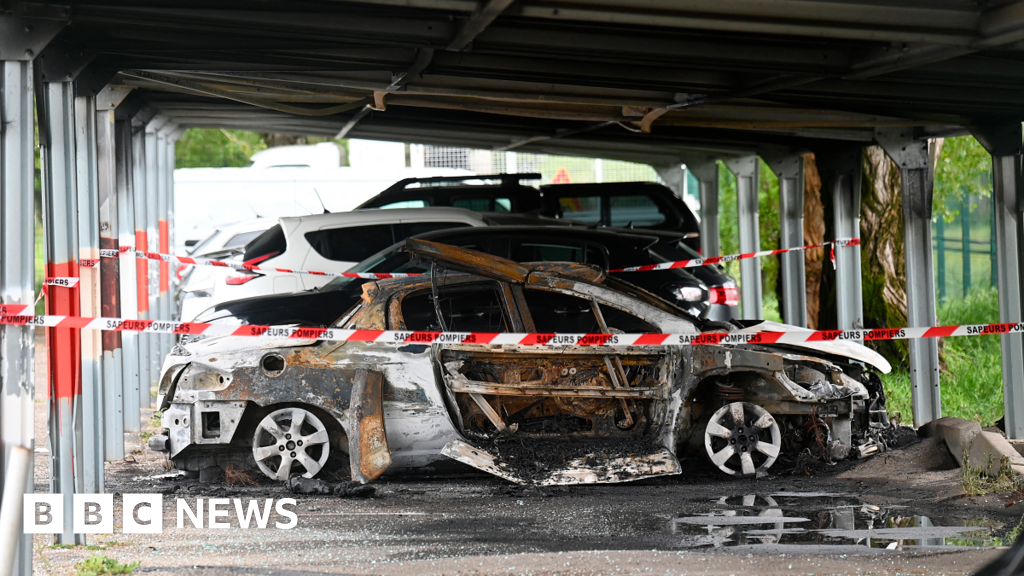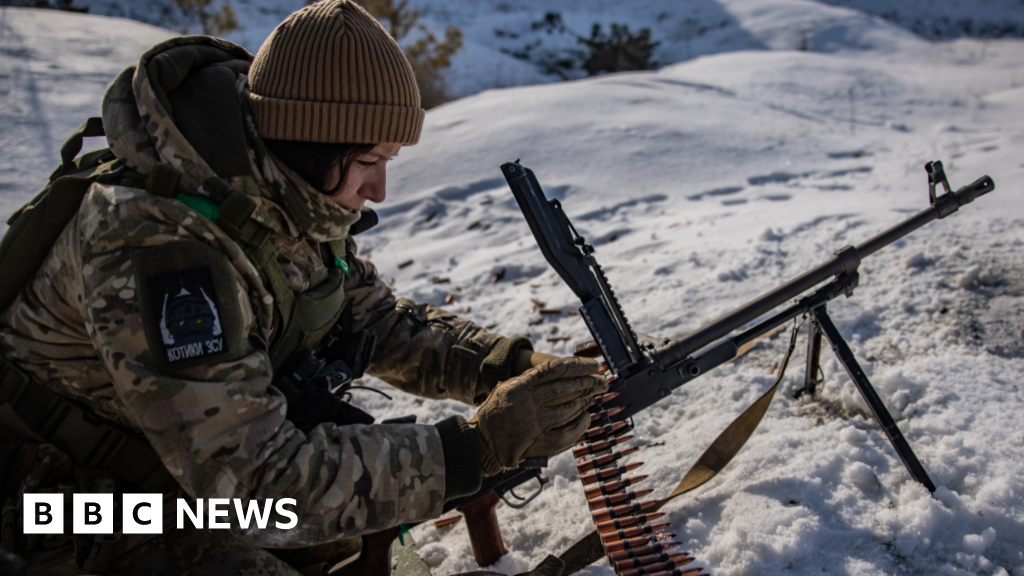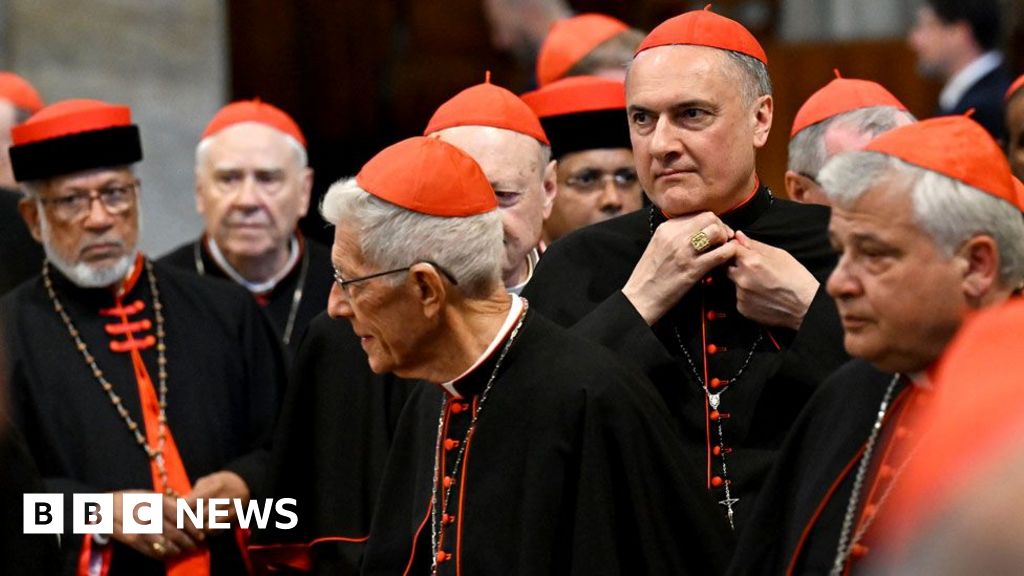ARTICLE AD BOX
By Mohammed Allie
BBC News, Cape Town
image sourceLindsey Appolis
The first ever film in Afrikaaps - a dialect of Afrikaans, with words from other languages as well - is making waves in South Africa, trying to change the often one-dimensional, negative perception of Cape Town's mixed-race community.
Barakat, which means blessings in Arabic, was filmed in the Cape Flats - a vast low-lying area to the south-east of Cape Town's city centre, where many disenfranchised people were forcibly moved by the former apartheid government in the 1950s.
Amy Jeptha, a multiple award-winning director, says she embarked on producing the movie to show there is also a more hopeful side to the area - not just crime, gangs and drugs.
Barakat tells the story - in the rich Cape-flavoured dialect - of a widowed Muslim mother who finds a new love, a Christian man, whom she wishes to marry.
image sourceLindsey Appolis
image captionIn the film, a widowed Muslim mother falls in love with a Christian man but faces opposition from her familyHowever, she finds difficulty in gaining the approval of her four sons, who are still coming to terms with the loss of their father.
Jeptha says the portrayal of the rich heritage of language and culture of the local communities was a major factor for doing the movie.
Both Christians and Muslims speak Afrikaaps.
"There is a commonality between the Muslim and Christian cultures on the Cape Flats, the communities are so integrated," she says.
"In the communities I know, Christian people would be part of the annual Labarang [Eid] celebration in the same way that Muslim kids would often celebrate Christmas."
With her dad being Muslim and her mum Christian, Jeptha believes she has a great vantage point from which to relate the long and harmonious coexistence between the two communities.
"I'm half-half, like many children on the Cape Flats are. My upbringing was an intersection of two religions so I was raised in a house in which Islam was practised," the film director says.
image sourceLindsey Appolis
image captionThe four bothers in the film found it difficult to accept that their mother had remarriedBarakat in Afrikaaps means taking home a gift, normally confectionary or food, that is left over from a party.
But Jeptha says that some imams told her that "a barakat can also come in a form of a person in disguise".
"Blessings come in different forms and can come unexpectedly," she says.
She kept the dialogue in the film in Afrikaaps in order to promote the language.
"Afrikaaps used to be called Kombuis [kitchen] Afrikaans - but that's a term I prefer not to use because it makes it feel like it's a lesser version of Afrikaans which it's not," Jeptha says.
"Afrikaaps is a legitimate, creolised form of the language."
Afrikaans is one of South Africa's 11 official languages. It has its roots in Dutch, but includes words that are variants of Malay, Portuguese and Indonesian, as well as the indigenous Khoi and San languages of South Africa.
image sourceLindsey Appolis
image captionMuslims were first brought to the Cape as slaves from Dutch colonies in South-East AsiaAfrikaaps also includes Afrikaans words that have a peculiar Cape Flats pronunciation as well as words derived from English and Malay, which has died out in South Africa but was spoken by slaves whom the Dutch had brought to the Cape in the 17th and 18th Century.
Dr Quentin Williams, director of the Centre for Multilingualism and Diversities Research at the University of the Western Cape, is equally excited about the growth of Afrikaaps and wants to see more films like Barakat.
"In most cases where children grow up on the Cape Flats they are socialised in Afrikaaps - but the moment they get to school the system tries to beat it out of them through the standardisation of Afrikaans.
"Movies like Barakat push the narrative towards the emancipation and empowerment of Afrikaaps speakers. The majority of Afrikaaps speakers are working class," says Dr Williams.
The academic attributes the resurgence in Afrikaaps to a movement by the younger generation wanting to assert their identity.
"This generation is now recognising that they require better agency and voice so that they too can represent their culture and the place where they come from - the Cape Flats - in a more positive light."
Dr Williams is confident that Afrikaaps will be recognised as an official dialect, and "this might come sooner than people think".
Plans are also under way to come up with an Afrikaaps dictionary.
"What I'm trying to do is to capture it to make sure that we don't lose words, that they don't die out," he says.

 3 years ago
105
3 years ago
105








 English (US) ·
English (US) ·